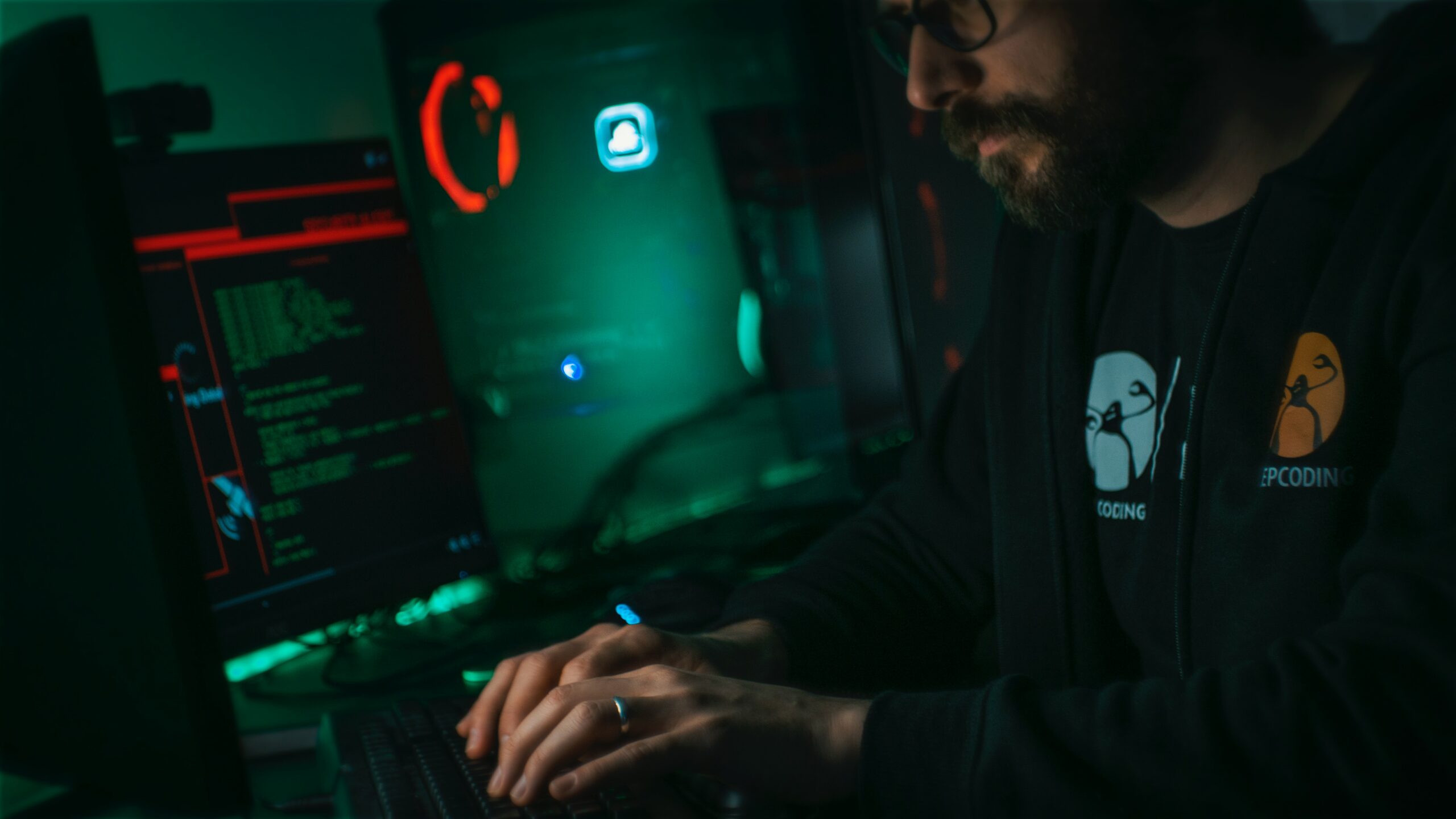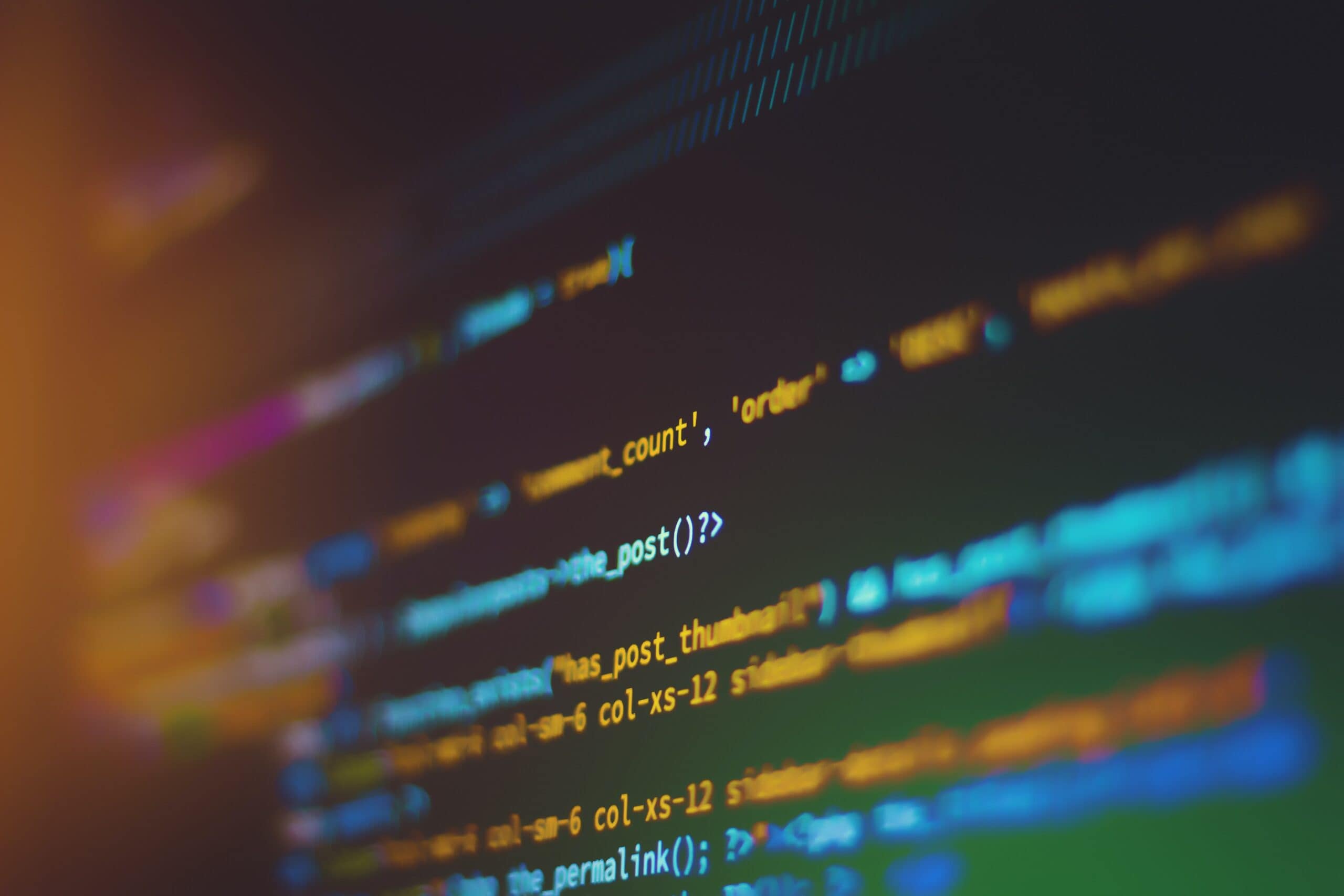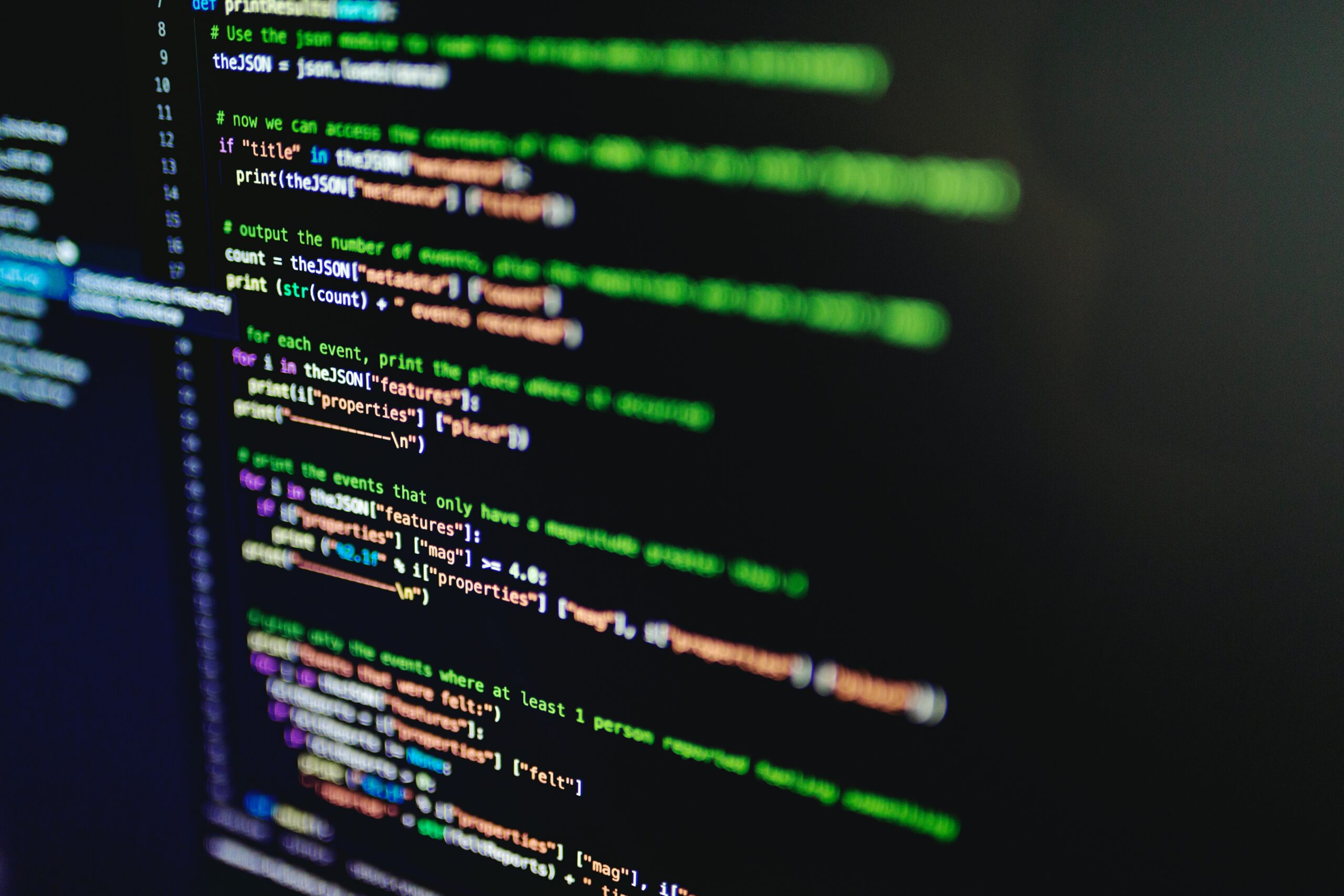Introduction: Is Cyber Security Harder Than Coding?
As the world increasingly moves online, cyber security becomes an more pressing issue. With the rise of hacking and data breaches, the field of cyber security is ever-growing. As more and more people enter the tech world, they wonder: is cyber security harder than coding?
In this article, we break down the differences between cyber security and coding and delve into the difficulties of each field.

What is Coding?
Before we delve into the differences between coding and cyber security, we’ll review what each of these fields consist of. Coding is the process of creating software or applications. Coding involves writing code, which is a set of instructions that tell a computer what to do. The code is written in a programming language, which is like a language humans use to communicate with each other. There are many different programming languages, but some of the most popular ones include Java, Python, and C++.
To write code, you also need to have some knowledge of algorithms, which are lists of instructions that tell a computer how to solve a problem. Algorithms can be used to sort data, search for information, or perform other tasks.

What is Cyber Security?
Another important field in the tech sphere is cyber security. So, is cyber security harder than coding? Before answering this, we’ll define cyber security. Cyber security is the practice of protecting networks, computers, and electronic data from unauthorized access or theft. They do so by mitigating information risks and vulnerabilities. Information risks can include unauthorized access, use, disclosure, interception, or destruction of data. Data can include, but is not limited to, the confidential information of business or individual users.
Vulnerabilities
Vulnerabilities are weaknesses in systems or processes that can be exploited to gain unauthorized access to sensitive data. Common cyber security vulnerabilities include unpatched software flaws, weak passwords, and improper access controls.
Mitigating Information Risks
Mitigating information risks requires a multi-layered approach that includes both technical and non-technical measures. Technical measures may include firewalls, intrusion detection/prevention systems, and encryption. Non-technical measures may include awareness training, incident response plans, and background checks for employees with access to sensitive data.
Individual Cyber Security
Finally, individuals should also care about cyber security. Even those who code! It is not only businesses who have a stake. We all store personal information online, whether it’s in our email accounts, on social media, or in cloud storage. This information can be used to steal our identity or access our financial accounts if it falls into the wrong hands. By taking steps to secure our online data, we can help protect ourselves from these types of threats.

The Uses of Cyber Security
If you’re hoping to get into the field of cyber security, you may wonder about the uses of cyber security. Consider the following:
- End-User Protection: This aspect of cyber security focuses on protecting users of software systems and computers. Cyber security is used to protect individuals from malware and other threats.
- Business Protection: Cyber security in this realm focuses on protecting the entire systems of an organization/business from malware, phishing, and other cyber attacks. Additionally, cyber security for businesses includes quick responses to cyber attacks.
- Software Protection: Cyber security is used to prevent unsanctioned access to a business’ or organization’s software.
- Network security: Cyber security protects the confidentiality of different networks and databases from unauthorized access and cyber attacks.
- Data Protection: Cyber security protects the privacy of data that is stored within systems or databases.
Considering how expansive cyber security is, one might wonder: is cyber security harder than coding?

Cyber Security vs Coding
Is cyber security harder than coding? Many people tend to believe so. However, the two fields are difficult in their own regard. Moreover, in some aspects of the field coding is harder while in other aspects cyber security is harder. Consider the following differences:
Focus
Coding is a highly specialized skill, but it is only one part of cyber security. Cyber security encompasses a wide range of skills, from coding to network administration to risk management. On the other hand, developers’ main duty is to code. This means, software developers require more focus on a day-to-day basis as coding can take hours upon hours on end.
The point: You would need to focus more on daily tasks as a software developer than as someone working in cyber security.
Content
Both cyber security and coding have a lot of technical information that you should learn to be successful in the field. The difference is that while cyber security definitely has less programming involved, it requires more knowledge about networks, operating systems, system administration, and core security knowledge. Thus, you are required to receive more certifications to get started in the field of cyber security than in coding. On the other hand, a developer simply needs to learn their specific programming language and frameworks.
The point: You need to know more knowledge as someone in cyber security than a software developer.

The Culture
Is cyber security harder than coding? It depends on what aspect of the jobs we’re talking about. Due to the stress of the job, some people consider working in cyber security “hostile”, especially when compared to the field software development. It seems that software developers have a better work culture that includes more coordination and communication. Of course, each business and company is different, so take this generalization with a grain of salt.
The point: The culture in software developer workplaces tend to be better than those of cyber security.
Changing Information
Both cyber security and software development require one to be lifelong learners. This is because both programming languages and cyber threats and attacks change over time.
The point: Expect to be continuously learning throughout your career regardless if you are in software development or cyber security.
Growth Path
With more and more cyber threats attack everyday, there are plenty of unfilled jobs in the industry of cyber security. For this reason, cyber security seems to provide you more of an advantage for career growth. Of course, being a coder is a lucrative business, too.
The point: Career growth is easier for those in cyber security.

Barrier to Entry vs Climbing the Ladder
In general cyber security is easier to get into but likely requires more for mid to senior level roles. Coding, on the other hand, has a higher barrier to entry but it gets easier in time the more you learn. This allows you to move up positions more easily.
The point: Climbing the ladder is easier for those who are software developers, but the barrier of entry is higher. The opposite can be said for those in cyber security.
So is cyber security harder than coding? It depends on what exactly you are talking about. Because, while coding is easier content-wise, it is more difficult focus-wise.

The Reality of Programming in Cyber Security
Some people are intrigued by cyber security because they think they won’t need to code as much. However, as you achieve higher roles in cyber security, you will need to know how to code. In order to properly prevent and secure data, softwares, and more, you need to know what code is capable of. You will also need to reverse engineer what someone might try to do to breach security. So, the reality is that you will need to know how to code if you plan on seeking a career in cyber security. The difference is that software developers focus more on learning the language and problem solving to create, while those in cyber security are more focused on problem solving to prevent.

Conclusion: Is Cyber Security Harder than Coding?
Is cyber security harder than coding? It depends. Cyber security is not necessarily harder than coding, but the two disciplines require different skill sets. Cyber security requires an understanding of how to protect data and systems from attack, while coding requires an understanding of how to create software. Both disciplines are critical to the functioning of modern society and businesses, and both require dedicated professionals to keep them running smoothly.

What to Ask a Web Developer Before Hiring?
09/19/2022

Is Freelance Software Development Worth it?
09/13/2022

